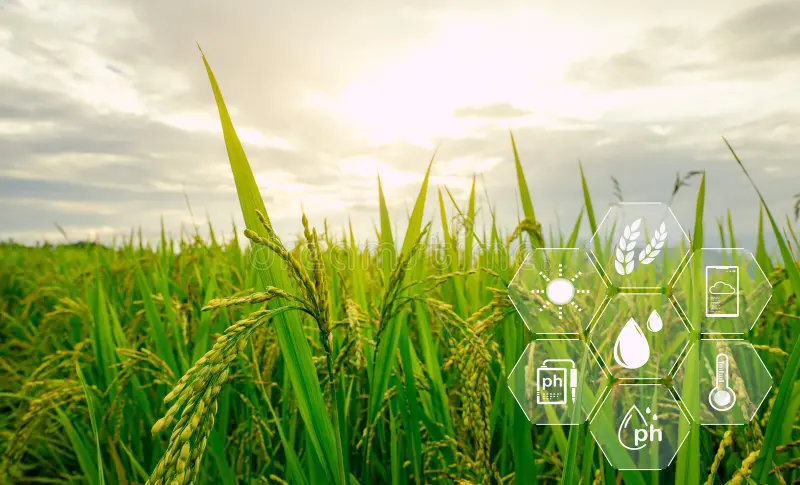Islamabad, Apr 7, 2025: The global repercussions of climate change are undeniable, prompting urgent discussions on innovative and sustainable solutions. One such solution gaining momentum is Climate-Smart Agriculture (CSA), an approach designed to enhance agricultural productivity while adapting to and mitigating the adverse effects of climate change.
The reality of climate change is evident through the rise in extreme weather events droughts, floods, heatwaves, and unpredictable rainfall which are now commonplace. These unpredictable shifts in weather patterns not only disrupt food and water production but also threaten global economic stability.
Pakistan, with its heavy reliance on agriculture, faces direct consequences from these climate fluctuations. As crop yields decrease, the threat of food insecurity looms large, impacting both rural and urban populations.
READ MORE:
Karachi Heatwave Alert: Temp to Soar to 39°C Today
Dr. Ghulam Mohammad Ali, Chairman of the Pakistan Agricultural Research Council (PARC), has emphasized the urgent need for Climate-Smart Agriculture practices to address these challenges.
According to Dr. Ali, while a small number of farmers in the country are already employing CSA techniques, there is an immediate need to scale up these practices to ensure the long-term resilience of Pakistan’s agricultural systems.
CSA includes strategies like drought-resistant crop varieties, efficient irrigation systems, and agroforestry, all of which are aimed at improving crop productivity while minimizing the environmental footprint.
The government and agricultural experts are advocating for a widespread shift towards Climate-Smart Agriculture, particularly as the country grapples with shrinking water resources and erratic weather conditions.
CSA offers a path forward to not only protect crops from the impacts of climate change but also to increase yields, conserve natural resources, and promote sustainable farming practices that can withstand future climatic shifts.
READ MORE:
Swat Valley’s Unseasonal Snowfall in April: A Winter Wonder
Promoting CSA on a larger scale could revolutionize Pakistan’s agricultural sector by helping farmers adapt to changing conditions. It would also contribute to national food security by increasing the resilience of crops to climate-related stresses.
As climate change continues to present new challenges, adopting Climate-Smart Agriculture techniques could be the key to ensuring that Pakistan’s agriculture remains productive and sustainable, safeguarding the livelihoods of millions who depend on it.
